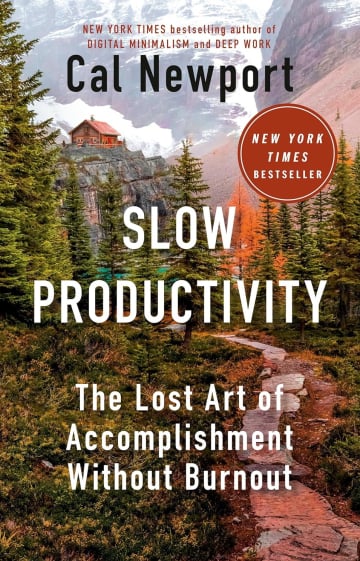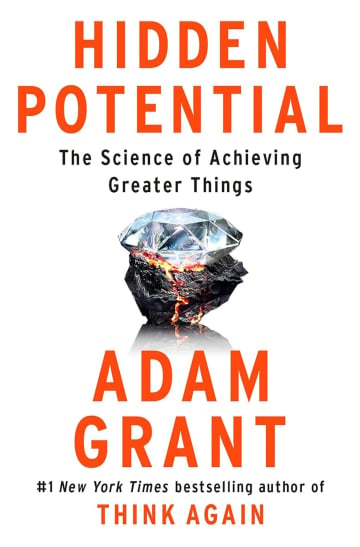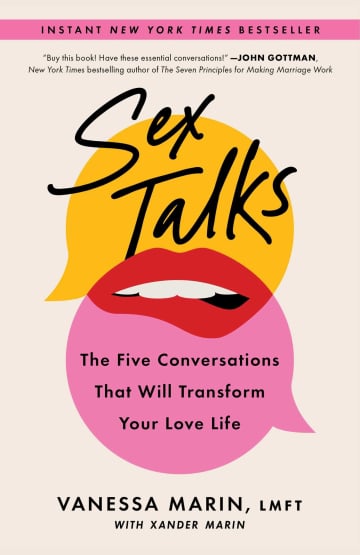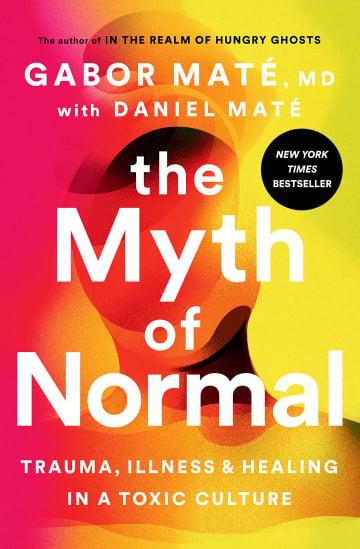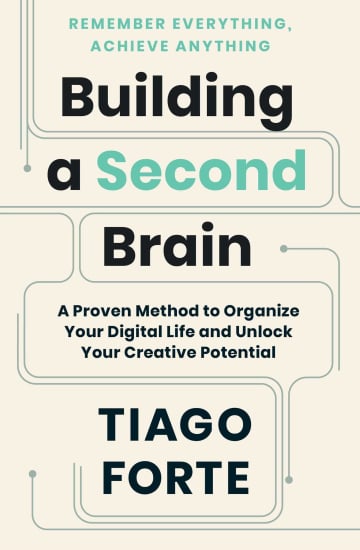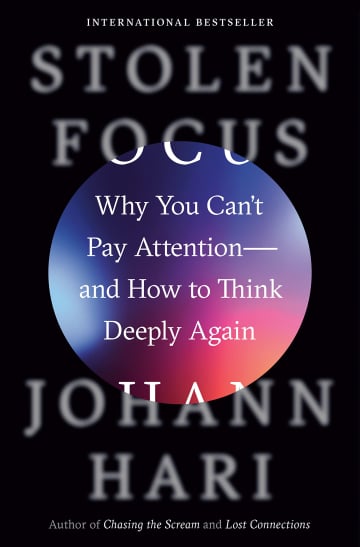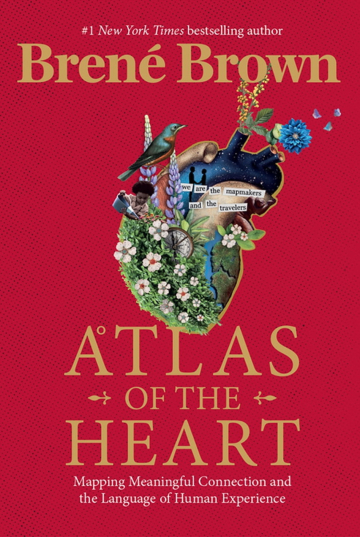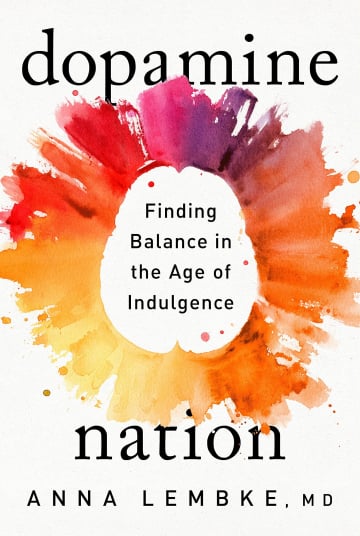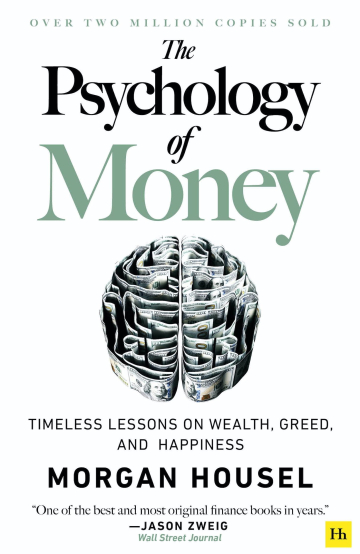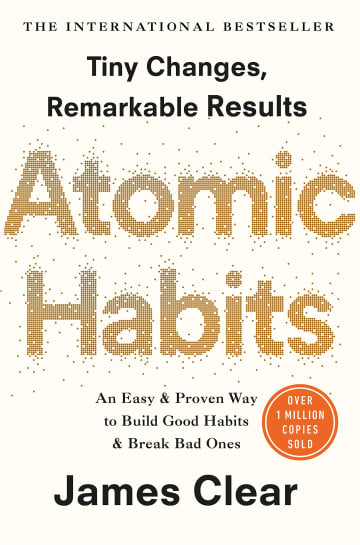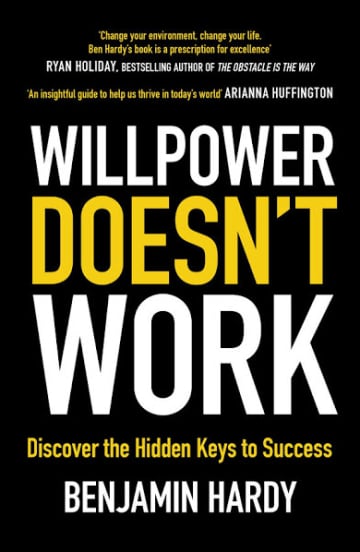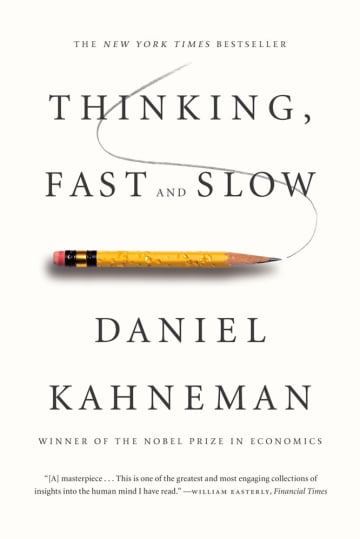
Thinking, Fast and Slow
⚡️ 10 Quotes from the book
“Intense focusing on a task can make people effectively blind, even to stimuli that normally attract attention.”
“The gorilla study illustrates two important facts about our minds: we can be blind to the obvious, and we are also blind to our blindness.”
“The sophisticated allocation of attention has been honed by a long evolutionary history. Orienting and responding quickly to the gravest threats or most promising opportunities improved the chance of survival, and this capability is certainly not restricted to humans.”
“You have no choice but to accept that the major conclusions of these studies are true. More important, you must accept that they are true about you.”
“The world in our heads is not a precise replica of reality; our expectations about the frequency of events are distorted by the prevalence and emotional intensity of the messages to which we are exposed.”
“The cold-hand study showed that we cannot fully trust our preferences to reflect our interests, even if they are based on personal experience, and even if the memory of that experience was laid down within the last quarter of an hour!”
“Nature has placed mankind under the governance of two sovereign masters, pain and pleasure. It is for them alone to point out what we ought to do, as well as to determine what we shall do.”
“A divorce is like a symphony with a screeching sound at the end—the fact that it ended badly does not mean it was all bad.”
“The investment of attention improves performance in numerous activities—think of the risks of driving through a narrow space while your mind is wandering—and is essential to some tasks, including comparison, choice, and ordered reasoning.”
“Nothing in life is as important as you think it is when you are thinking about it.”
Related videos
4 Minute Summary
In the international bestseller, Thinking, Fast and Slow, Daniel Kahneman, the renowned psychologist and winner of the Nobel Prize in Economics, takes us on a groundbreaking tour of the mind and explains the two systems that drive the way we think. System 1 is fast, intuitive, and emotional; System 2 is slower, more deliberative, and more logical. The impact of overconfidence on corporate strategies, the difficulties of predicting what will make us happy in the future, the profound effect of cognitive biases on everything from playing the stock market to planning our next vacation―each of these can be understood only by knowing how the two systems shape our judgments and decisions.
Engaging the reader in a lively conversation about how we think, Kahneman reveals where we can and cannot trust our intuitions and how we can tap into the benefits of slow thinking. He offers practical and enlightening insights into how choices are made in both our business and our personal lives―and how we can use different techniques to guard against the mental glitches that often get us into trouble. Winner of the National Academy of Sciences Best Book Award and the Los Angeles Times Book Prize and selected by The New York Times Book Review as one of the ten best books of 2011, Thinking, Fast and Slow is destined to be a classic.
Follow the author

Daniel Kahneman was an Israeli-American psychologist who pioneered behavioral economics. He won the 2002 Nobel Memorial Prize in Economic Sciences with Vernon L. Smith, received the Lifetime Contribution Award from the American Psychological Association, and was honored with the Presidential Medal of Freedom. A professor emeritus at Princeton, Kahneman also held honorary degrees from multiple universities.
Publications
The Guardian: An outstandingly clear and precise study of the 'dual-process' model of the brain and our embedded self-delusions
The Washington Post: “Thinking, Fast and Slow,” by Daniel Kahneman
The New York Times: Two Brains Running
Indipendent: Thinking, Fast and Slow, By Daniel Kahneman
Ask Albert:
Rate the book
⚡️ Discover Even More Bookish Wisdom
recommends


